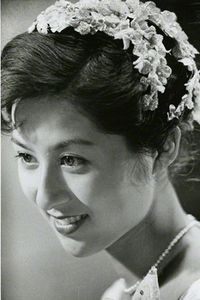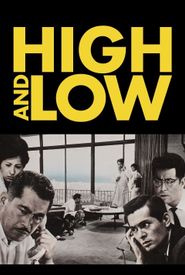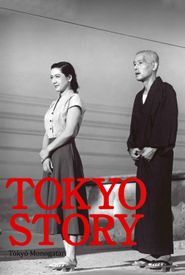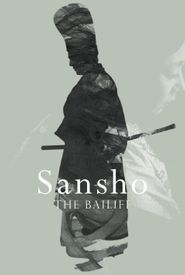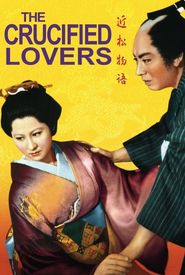Namegata, Ibaraki Prefecture, 1931, was the birthplace of the remarkable Kagawa Kyoko, also known as Makino Kyoko, who would go on to thrive during Japan's golden age of cinema, transitioning seamlessly into the new millennium and leaving an indelible mark on the country's film industry.
As a young girl, Kyoko had harbored ambitions to master the English language and become a ballerina, inspired by the majesty of Swan Lake. However, fate had other plans, and a beauty contest sponsored by The Tokyo Shimbun newspaper catapulted her into the world of acting.
Her illustrious career began at the now-defunct Shintoho Studio in 1949, and she went on to star in some of Japan's most iconic films, including Tokyo Story, Sansho The Bailiff, and High And Low, directed by esteemed filmmakers Ozu, Yasujiro, Mizoguchi, Kenji, and Kurosawa, Akira.
In 1965, Kyoko embarked on a new chapter in her life, relocating to New York City with her husband, a journalist, and their child, where they resided for three years.
Kyoko's remarkable journey was not without its challenges, as she faced dry spells in her career, including a three-year hiatus. However, her perseverance was rewarded when she received a call from Kurosawa, who had been impressed by her work and invited her to collaborate on Maadadayo, their first project together in 28 years. Her outstanding performance earned her a Japanese Academy Award for Best Supporting Actress.
Her contributions to Japanese life and arts were recognized with the prestigious Japanese Medal With Purple Ribbon in 1998. In 2011, she was the subject of a film perspective at the Tokyo International Film Festival and Japan's National Film Centre, and she received an award from The International Federation Of Film Archives for her tireless efforts in preserving Japanese cinema, becoming the first Japanese actor to receive this honor.
Throughout her illustrious career, Kyoko has accumulated a dozen awards, written a couple of books, and even released a music single. Her commercial work includes iconic campaigns for House Foods, Lawson stores, and Kirin Brewery, cementing her status as a beloved and enduring figure in Japanese entertainment.
